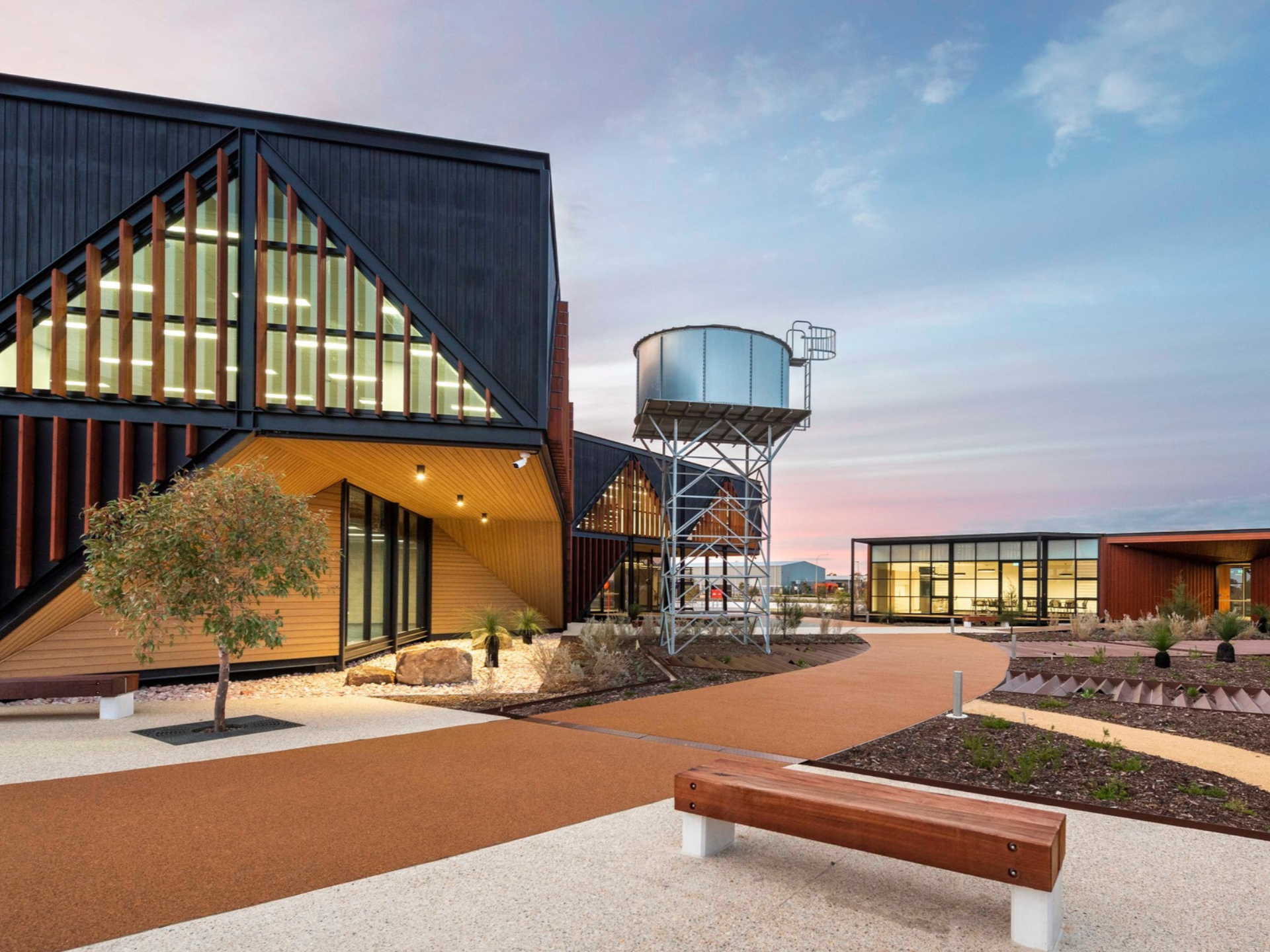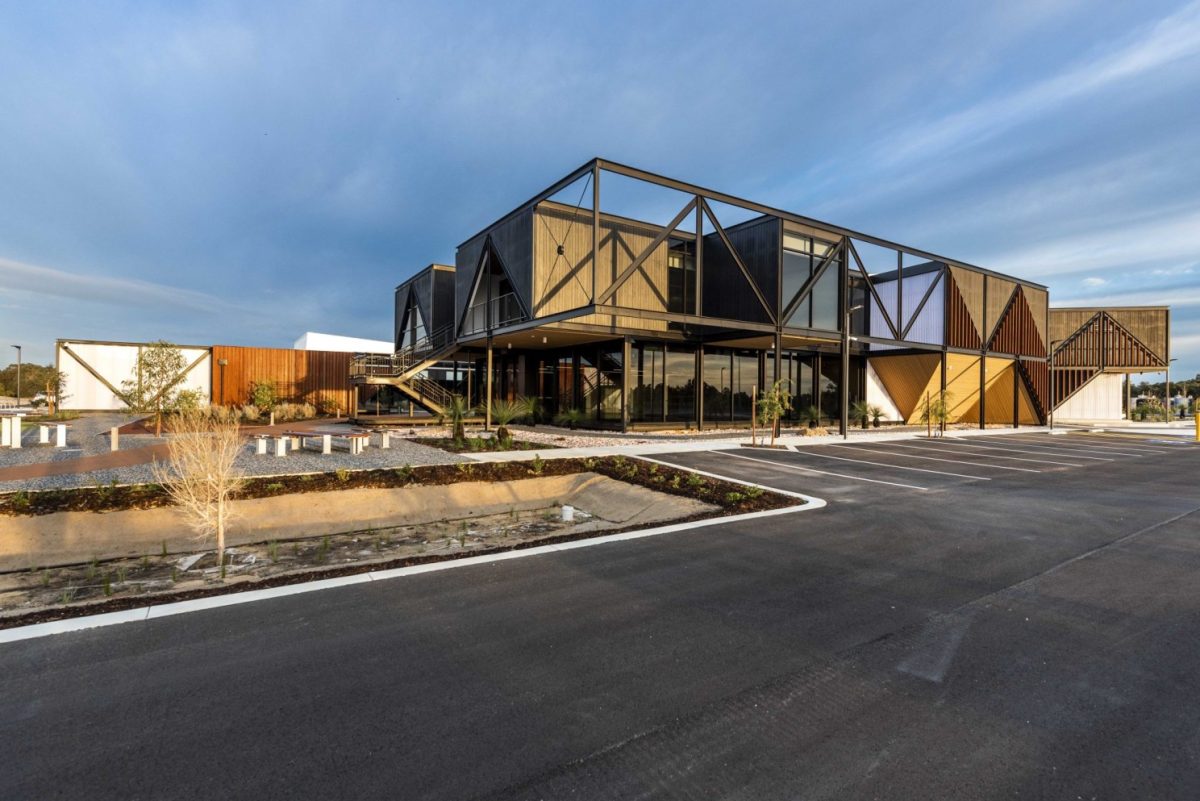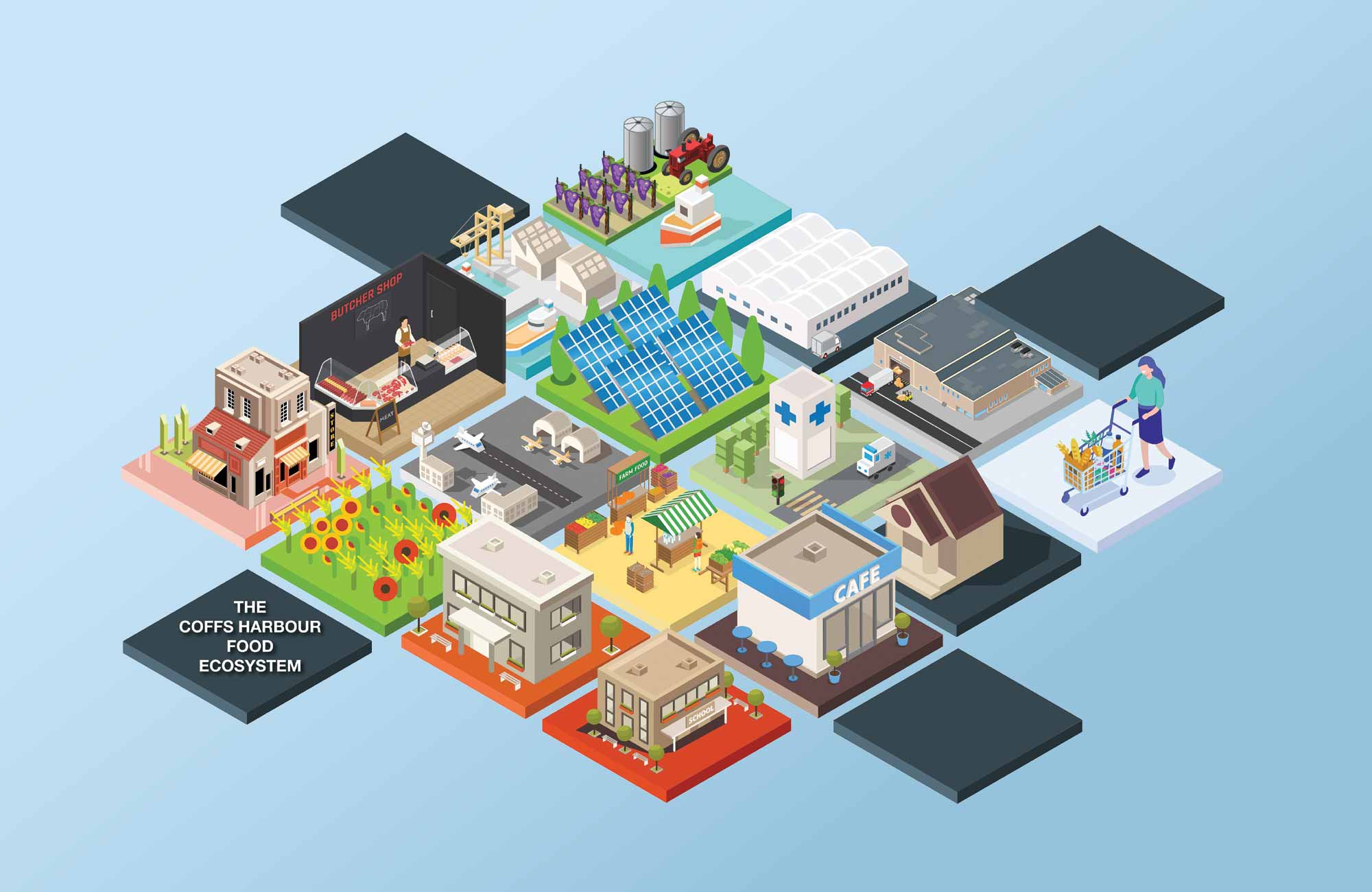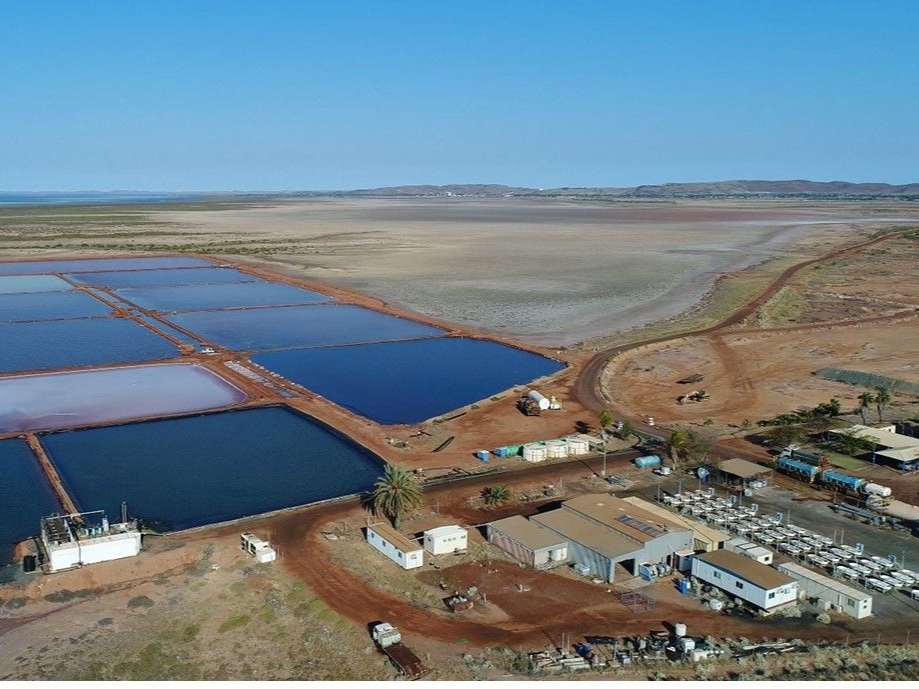
The Sustainable Innovative Food Technologies Centre is located at the Food Innovation Precinct Western Australia in Nambeelup. Image courtesy of Murdoch University Media
Australia’s agrifood ecosystems are experiencing unprecedented challenges. Climate volatility, supply chain disruptions, rapid urbanisation, and changing consumer expectations have exposed vulnerabilities across both metropolitan and regional food systems. While the country possesses abundant agricultural resources and globally competitive producers, systemic fragmentation has limited the ability of regions to collaborate, innovate, and scale effectively. Critical weaknesses persist in planning frameworks, freight and infrastructure modelling, access to value-adding opportunities, digital integration, and governance of social supports such as food relief.
Urban regions face emerging pressures, including food insecurity, social inequality in access to nutrition, and limited policy guidance on how food fits within city planning. At the same time, rural and regional areas often lack cohesive datasets, planning tools, and shared innovation platforms to coordinate agribusiness development or respond to shifting market dynamics. Additionally, Australian food producers face global supply chain barriers, with traceability, digital trade, and consumer insight systems either underdeveloped or inaccessible to smaller enterprises. These intersecting issues highlight a pressing need for holistic, cross-sectoral solutions that support both innovation and inclusion in the nation’s agrifood future.












 In response, Future Food Systems (FFS), in collaboration with universities, industry bodies, and government agencies, initiated an ecosystem program delivering strategic projects and established and worked with precincts to build smarter, more resilient agrifood systems across the country. These initiatives addressed the structural, technological, and governance challenges undermining food system performance, and did so through place-based, data-informed, and future-oriented methodologies.
In response, Future Food Systems (FFS), in collaboration with universities, industry bodies, and government agencies, initiated an ecosystem program delivering strategic projects and established and worked with precincts to build smarter, more resilient agrifood systems across the country. These initiatives addressed the structural, technological, and governance challenges undermining food system performance, and did so through place-based, data-informed, and future-oriented methodologies.
